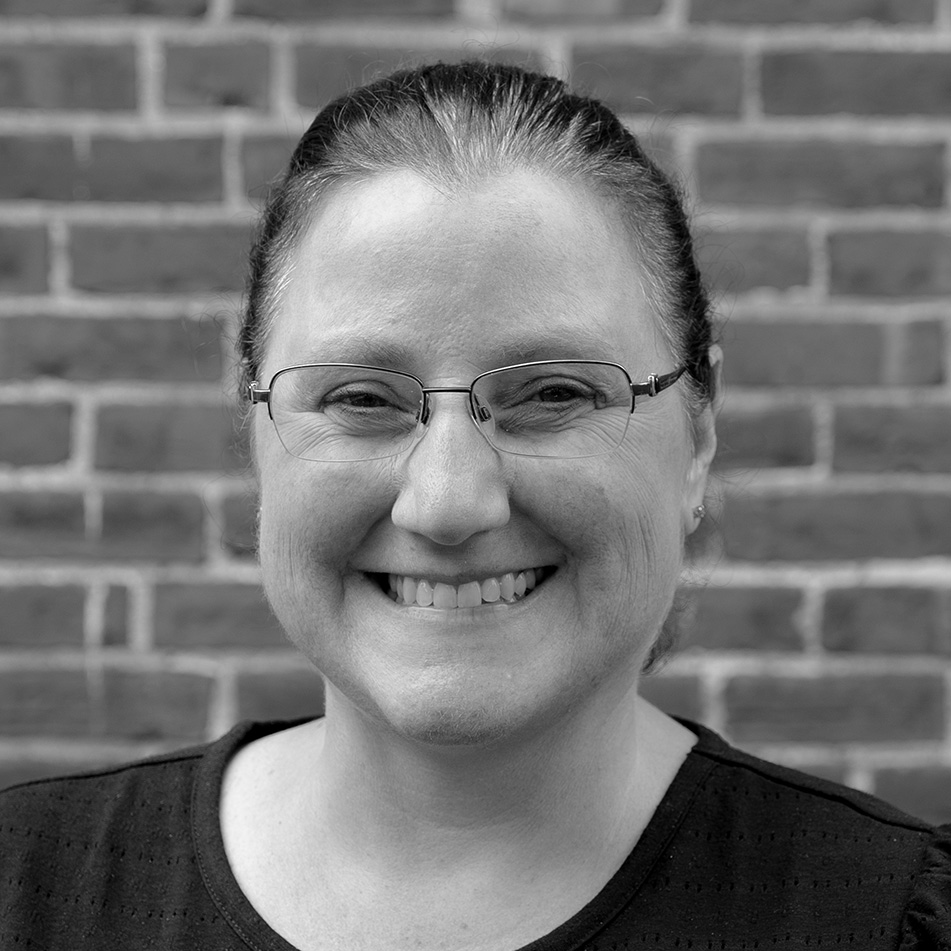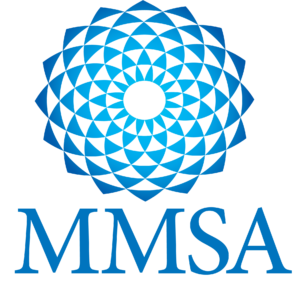 MMSA Title: STEM Education Specialist
MMSA Title: STEM Education Specialist
Hometown: Palermo, ME
Education: BS in mathematics and computer science education from the University of Maine at Farmington and her MEd from City University in Seattle.
Something you’re proud of at MMSA: I am proud of being a part of a team who strives daily to make progress towards our purpose-to enhance science, technology, engineering, and mathematics education.
What is your teaching/learning philosophy: All learners deserve the opportunity to develop a positive mathematics identity and sense of agency by engaging in rich tasks within a supportive and equitable environment.
STEM passion area: I am passionate about formative techniques that target student strengths and elicit various types of misconceptions- finding the magnificence in the misconception as students make intuitive connections between ideas. Bringing this thinking to the forefront and then designing and supporting instructional practices to move all students’ learning forward continues to be such a rewarding process.
What do you like most about your role at MMSA: I love having ongoing opportunities to build relationships with amazing mathematics educators as we collaborate to create learning environments that support and engage all learners.
What did you do before you worked at MMSA: Along with 10 years as a classroom educator, I have served as the project manager or mathematics lead for multiple long term grant-funded projects at Education Development Center (EDC) and Maine State Department of Education.
What do you like to do in your free time: I enjoy spending time with my husband and our blended family of five adult children.
What memory from your childhood would you like to share that exemplifies why you do the STEM education related work that you do: Having attended 5 different schools between 2nd and 5th grade, I developed many gaps in my math understanding. I vividly recall the times I sat at my desk having no idea what to do while everyone around me seemed to know exactly how to complete the task. I will be forever grateful for one of my 5th grade teachers who worked one on one with me during recess and lunch until I was able to work on grade level tasks. This experience ignited my love of mathematics and was a catalyst for my desire to work with struggling mathematics learners.
Cheryl rejoined MMSA in May of 2019 after a 10-year hiatus.
Cheryl’s Bio: Cheryl is a STEM Education Specialist at Maine Mathematics and Science Alliance, where she supports mathematics educators through project work, consulting and curriculum development. Cheryl has 20 years of experience providing professional development to mathematics educators and has co-authored 12 published Corwin resources, including two volumes of the Mathematics Formative Assessment: Practical Strategies for Linking Assessment, Instruction, and Learning series, and seven books in the Uncovering Student Thinking series. Along with 10 years as a classroom educator, Cheryl has extensive experience coaching teachers, using mathematics formative assessment techniques to better understand student learning and supporting teachers as they support the learning of all students in mathematics. In her roles at Maine Mathematics and Science Alliance (MMSA), Education Development Center (EDC) and Maine State Department of Education, Tobey has served as the project manager or mathematics lead for multiple long term grant-funded projects.
Pronouns: she, her, hers
Phone: (207) 626 3230 x111
Email: all emails are first initial last name at mmsa.org
Projects:
Consulting
Math4ME
Numeracy in Nature
Publications:
Keeley, P. and Rose Tobey, C. (2017). Mathematics Formative Assessment Volume 2: 50 More Practical Strategies for Linking Assessment, Instruction, and Learning. Thousand Oaks, CA: Corwin Press.
Fagan, E.R., Tobey, C.R., Brodesky, A. R. (2016). Targeting Instruction with Formative Assessment Probes. Teaching Children Mathematics, 23(3), 146–157.
Creighton, S.J., Rose Tobey, C., Karnowski, E., Fagan, E. (2015). Bringing Math Students into the Formative Assessment Equation: Tools and Resources for the Middle Grades. Thousand Oaks, CA: Corwin.
Larsen S, Tobey C. Using Role Play to Rehearse Problems of Practice. NCSM Journal of Mathematics Education Leadership. 2020; 21(1):3.
Rose Tobey, C., & Arline, C. (2014). Uncovering Student Thinking about Mathematics of the Common Core: Grades 9-12: 20 Formative Assessment Probes. Thousand Oaks, CA: Corwin Press.
Rose Tobey,C., & Arline, C. (2014). Uncovering Student Thinking about Mathematics of the Common Core: Grades 6-8: 20 Formative Assessment Probes. Thousand Oaks, CA: Corwin Press.
Rose Tobey,C., & Fagan,E. (2014). Uncovering Student Thinking about Mathematics of the Common Core: Grades 3-5: 20 Formative Assessment Probes. Thousand Oaks, CA: Corwin Press.
Rose Tobey, C., & Fagan,E. (2013). Uncovering Student Thinking about Mathematics of the Common Core: Grades K-2: 20 Formative Assessment Probes. Thousand Oaks, CA: Corwin Press.
Rose Tobey, C & Goldsmith, L. (2013). Developing Self-Regulating Learners: The Critical Role of Feedback. ASCD Express.
Mundry, S., Keeley, P. and Rose Tobey, C (2012) Facilitator’s Guide to Mathematics Curriculum Topic Study. Thousand Oaks, CA: Corwin Press.
Heppen, J.B., Walters, K., Clements, M., Faria, A., Tobey, C., Sorensen, N., and Culp, K. (2011). Access to Algebra I: The Effects of Online Mathematics for Grade 8 Students. (NCEE 2011-4021). Washington, DC: National Center for Education Evaluation and Regional Assistance, Institute of Education Sciences, U.S. Department of Education.
